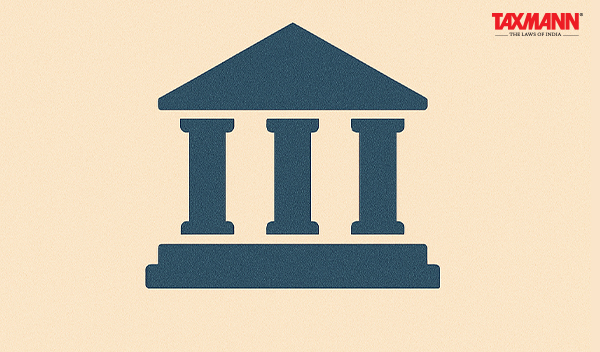UAE VAT – FTA Clarifies SWIFT Fee Rules for Banks
- Blog|News|GST & Customs|
- 2 Min Read
- By Taxmann
- |
- Last Updated on 14 May, 2025

Editorial Team – [2025] 174 taxmann.com 415 (Article)
Global IDT Insights provides a weekly snippet of tax news specifically related to Indirect Taxes from around the globe.
1. UAE clarifies VAT treatment of SWIFT charges for Financial Institutions
Issued by the Federal Tax Authority (FTA), Public Clarification VATP041 outlines the treatment of international banking charges incurred through the SWIFT communication system under UAE VAT law. It replaces the earlier Clarification VATP036.
Background
Financial institutions in the UAE, including banks and exchange houses, regularly use the Society for Worldwide Interbank Financial Telecommunications (SWIFT) system to communicate with banks located outside the country. These institutions incur international banking charges for such communications.
However, SWIFT messages documenting these transactions do not satisfy all the requirements of a tax invoice as mandated under UAE VAT regulations.
VAT Liability and Self-Supply
Under UAE VAT law, when financial institutions receive services from non-resident banks through the SWIFT system, these services are treated as taxable supplies. As a result, the financial institution is deemed to be making a taxable supply to itself. This self-supply triggers VAT obligations, including the need to account for the due tax under the reverse charge mechanism.
SWIFT messages as Tax Invoices
Ordinarily, UAE VAT law requires registrants to issue and retain tax invoices for taxable supplies. In the context of SWIFT transactions, financial institutions would thus be required to issue tax invoices to themselves. However, the FTA recognises the impracticality of generating separate tax invoices for each individual SWIFT message due to the high volume of transactions.
According to Article 59(7)(b) of the Executive Regulation, the FTA may waive the requirement to issue tax invoices where sufficient alternative documentation is available and issuance is impractical.
In this regard, the FTA now allows qualifying SWIFT messages to serve as sufficient documentary evidence, provided they contain the following details:
- Name and address of the sending bank (located outside the UAE)
- Name of the UAE financial institution receiving the service
- Date of the transaction
- SWIFT message reference number
- Transaction reference number
- Description of the transaction
- Consideration charged and currency used
Where these conditions are met, a financial institution is not required to issue a self-invoice and the qualifying SWIFT message will be accepted as evidence of supply.
Input Tax Recovery
Input VAT incurred on SWIFT-related banking charges may be recovered, but only to the extent the cost was incurred in the course of making taxable supplies. Financial institutions must retain qualifying SWIFT messages as supporting documents to claim such recovery. These messages will be treated as invoices issued by the foreign bank for VAT purposes.
The claim must be made in the tax period in which the institution receives the qualifying message and either pays or intends to pay the consideration within six months of the agreed date. If missed, the input tax can be claimed in the subsequent tax period.
Click Here To Read The Full Article
Disclaimer: The content/information published on the website is only for general information of the user and shall not be construed as legal advice. While the Taxmann has exercised reasonable efforts to ensure the veracity of information/content published, Taxmann shall be under no liability in any manner whatsoever for incorrect information, if any.

Taxmann Publications has a dedicated in-house Research & Editorial Team. This team consists of a team of Chartered Accountants, Company Secretaries, and Lawyers. This team works under the guidance and supervision of editor-in-chief Mr Rakesh Bhargava.
The Research and Editorial Team is responsible for developing reliable and accurate content for the readers. The team follows the six-sigma approach to achieve the benchmark of zero error in its publications and research platforms. The team ensures that the following publication guidelines are thoroughly followed while developing the content:
- The statutory material is obtained only from the authorized and reliable sources
- All the latest developments in the judicial and legislative fields are covered
- Prepare the analytical write-ups on current, controversial, and important issues to help the readers to understand the concept and its implications
- Every content published by Taxmann is complete, accurate and lucid
- All evidence-based statements are supported with proper reference to Section, Circular No., Notification No. or citations
- The golden rules of grammar, style and consistency are thoroughly followed
- Font and size that’s easy to read and remain consistent across all imprint and digital publications are applied



 CA | CS | CMA
CA | CS | CMA
